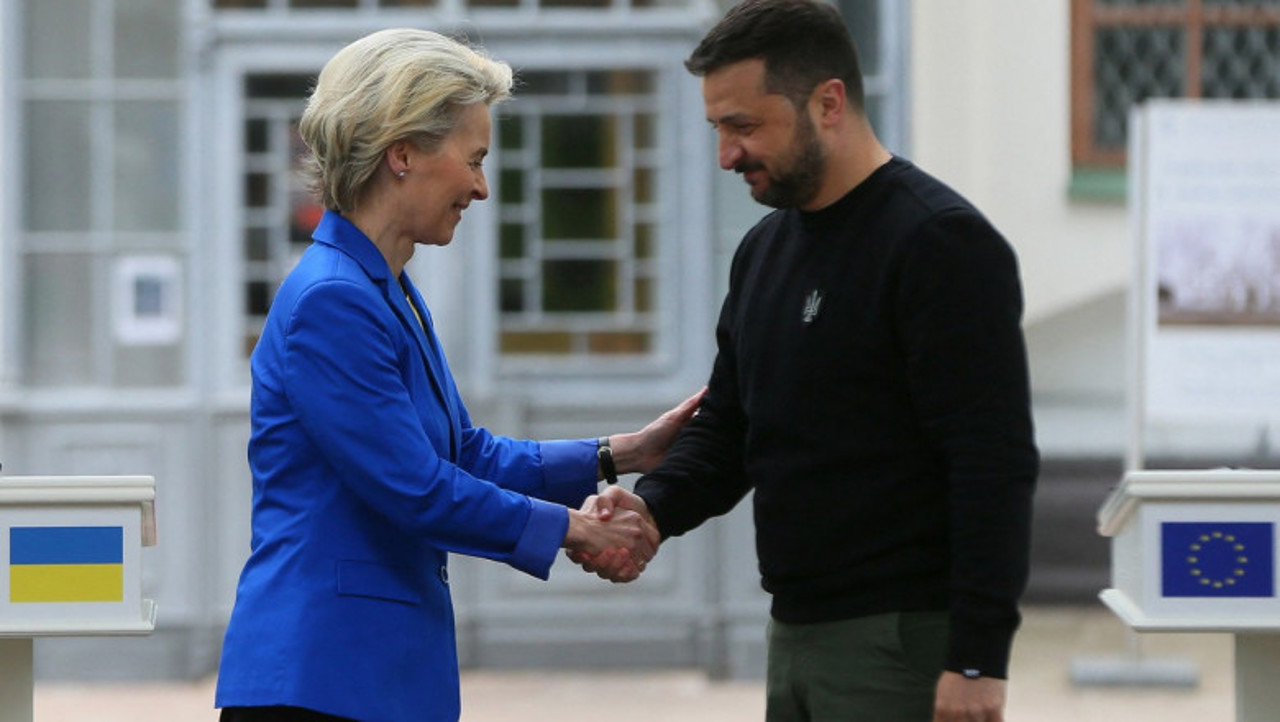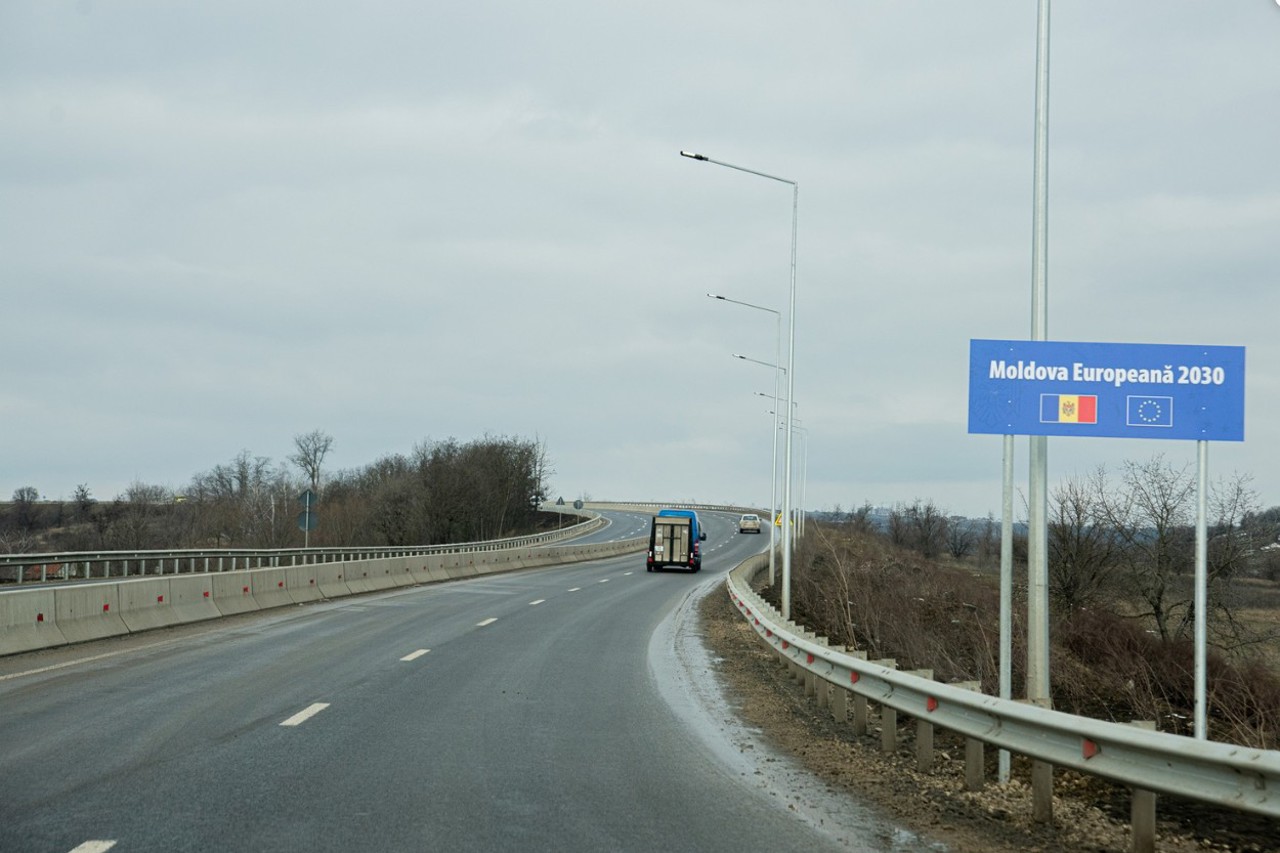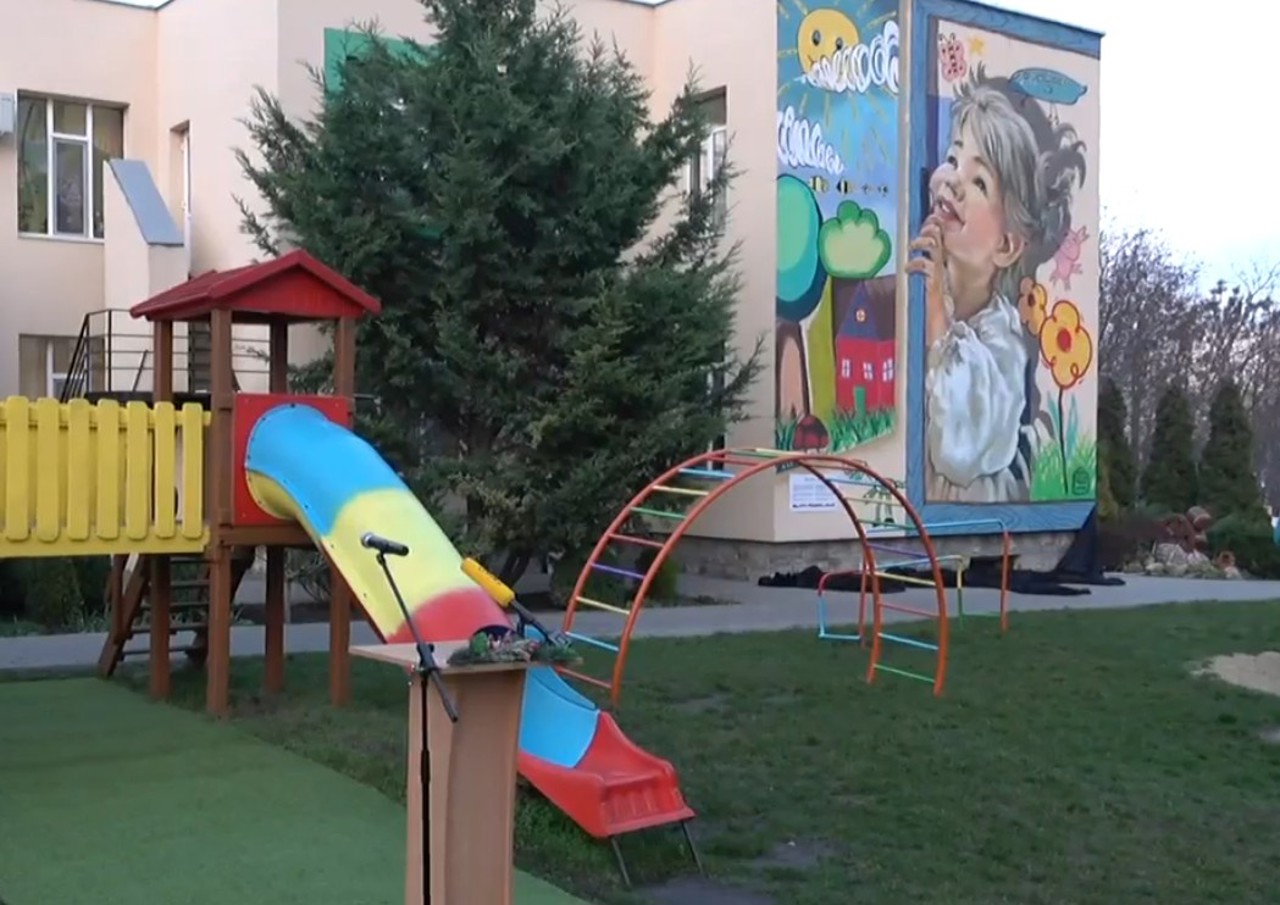Zelenski asks Ursula von der Leyen to lift restrictions on Ukrainian grain imports to neighbouring countries
Ukrainian President Volodimir Zelenski has told European Commission head Ursula von der Leyen, who is visiting Kiev on Tuesday, that he expects the EU to lift trade restrictions on grain imports from Ukraine, measures he has characterised as "harsh" and "protectionist", The Guardian and News.co.uk report.

The European Commission late last month allowed Ukraine's neighbours - Poland, Hungary, Romania, Slovakia and Bulgaria - to allow only the transit of Ukrainian grain, not imports, for a limited period after these countries complained that Ukrainian grain was flooding their markets and hurting local producers. The safeguard measures taken by the European Commission cover wheat, maize, rapeseed and sunflower seed, but could be extended to other products, much to Ukraine's displeasure.
The five countries negotiating with the EU executive have argued that the so-called "solidarity corridors" - set up by the EU to help transfer Ukrainian exports overland - have flooded their domestic markets with Ukrainian agricultural products.
But the blockade of Ukrainian imports has sparked outrage from other EU countries, which say the measures undermine the bloc's single market and break solidarity with Kiev.
The news was not welcomed by Ukrainian President Volodimir Zelenski, who warned that the import restrictions violate a trade agreement between the EU and Ukraine. "I expressed my deep concern about such decisions and stressed that these measures are a serious violation of the Association Agreement and the founding treaties of the EU," Zelenski stressed at the time.
On Tuesday, Zelenski said he had discussed European integration, defence issues and new sanctions against Russia with European Commission President Ursula von der Leyen. He said he expected a "positive assessment" of Ukraine's EU membership at the June summit and thanked European countries for promising to provide 1 million artillery shells.





